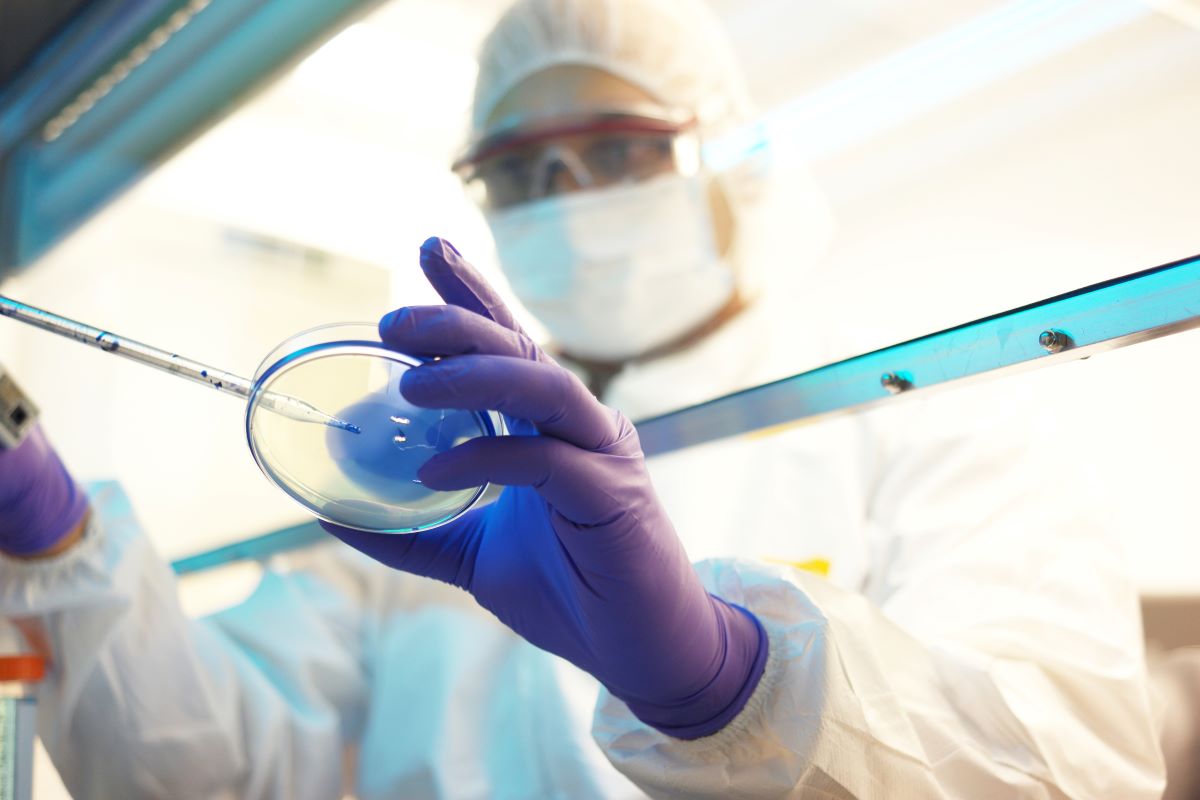Your Questions — 13 minutes
Three reasons to fast before a lab test
For many years, the failure to fast before a medical test has blurred the results of several laboratory techniques and resulted in blood samples with altered levels of certain substances.
The introduction of new tests and the continuous improvement of laboratory techniques have changed things: situations in which fasting is required are now rare! Nowadays, the conditions that should be met are specified for each lab test and indicate which ones require fasting and how long it should last.

Test results modified by food intake
The main test results that are altered by food intake are those for blood sugar (glycemia), used for diabetes screening, and triglycerides included in the lipid profile, used for measuring the level of bad cholesterol (or LDL). Depending on the approach used by the laboratory, it is often possible to avoid fasting in these two situations.
Reference values established on fasting patients
Some rarer tests (e.g., insulin and growth hormone) are based on reference values (also called “normal values”) that have been established in fasted individuals. In order to interpret the results of these tests, it is important to reproduce the same fasting conditions as with the reference subjects.
Cloudy serum
Some assay techniques are sensitive to the presence of excess products in the liquid part of the blood known as “serum.” Under certain conditions, the serum may look milky or creamy. In such a case, a sample must be taken again from the subject after he or she has been strictly fasting for up to more than 12 hours.
One thing is certain: it is important to always follow the instructions of the sampling centre, since the test result will be interpreted as if obtained under the specified conditions. It is especially important to mention whether you deviate from any of these conditions so that the information accompanies the result.
For professional support, we’re here.
We offer a range of services that can help your doctor make a quick and accurate diagnosis, and thereby determine the right treatment for your health concerns.
- Complete blood count (CBC)
- Blood tests
- At-home blood tests
- Lipid profiles (total cholesterol, HDL cholesterol, Non-HDL-C, LDL cholesterol, triglycerides)
- Glycemia
- Glycated hemoglobin (HbA1c)
Do you have a medical prescription for one of these tests? Book an appointment online or contact Biron Health Group’s customer service at 1 833 590-2712.









